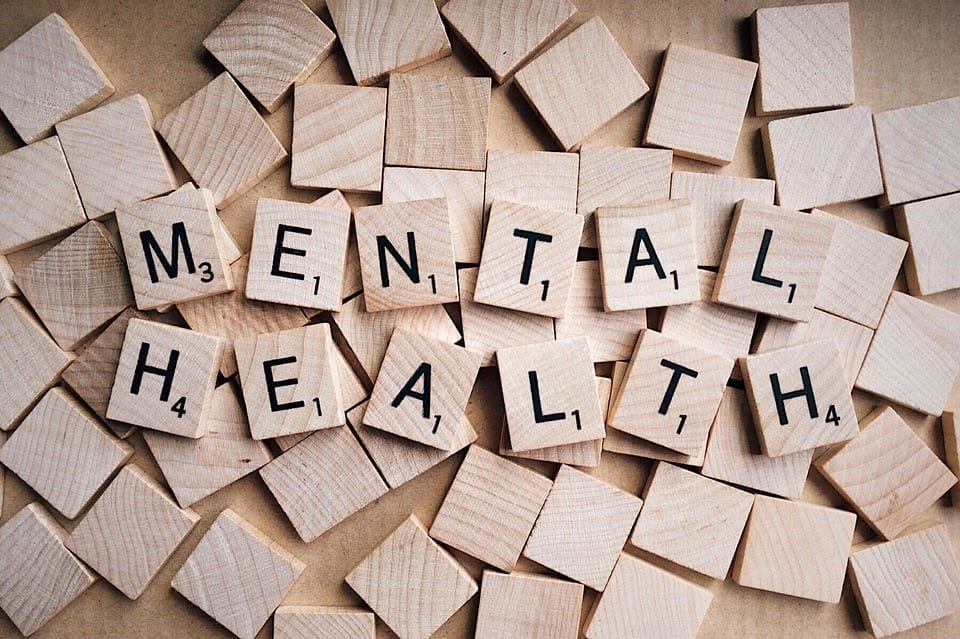Mental health care has emerged as a critical component of overall wellbeing, gaining significant attention in recent years. As society becomes more aware of the profound impact that mental health has on daily life, innovative approaches are being developed and implemented to enhance treatment and support for those in need. This evolution is vital, as millions of individuals face the challenges of anxiety, depression, and other mental health disorders that can hinder their ability to thrive.
In this dynamic landscape, a range of new strategies and techniques are being explored to provide more effective mental health care. From technology-driven solutions like teletherapy and mental health apps to community-based initiatives that foster social connections, these innovative methodologies seek to break down barriers and increase accessibility. By prioritizing a holistic approach that considers the diverse experiences of individuals, the mental health care field is working toward a future that promotes recovery, resilience, and a higher quality of life for all.
Emerging Therapies
The landscape of mental health care is rapidly evolving, with innovative therapies gaining traction among practitioners and patients alike. One such approach is the integration of technology, particularly through the use of virtual reality. This immersive experience allows individuals to confront fears and anxieties in a controlled environment, providing a powerful tool for treating phobias and post-traumatic stress disorder. By facilitating exposure therapy in a safe space, virtual reality has the potential to enhance traditional therapeutic methods.

Another exciting development is the use of psychedelics in therapy. Substances like psilocybin and MDMA are being researched for their therapeutic effects on depression, anxiety, and trauma-related disorders. Recent studies have shown promising results, indicating that these substances can elicit profound emotional experiences and foster new perspectives, often leading to significant improvement in symptoms. As regulations evolve, the incorporation of psychedelics into clinical practice may soon become a reality, offering hope to those who have struggled with conventional treatments.
Mindfulness and mindfulness-based therapies are also emerging as vital components of mental health care. These approaches emphasize present-moment awareness and acceptance of one's thoughts and feelings. Programs such as Mindfulness-Based Stress Reduction (MBSR) have demonstrated effectiveness in reducing symptoms of anxiety and depression, while also enhancing overall well-being. By cultivating mindfulness, individuals can better manage their emotions and develop healthier coping strategies, which can significantly impact their mental health journey.
Technology in Mental Health
The rapid advancement of technology has transformed various sectors, and mental health care is no exception. Digital tools such as teletherapy and mental health apps have made accessing support more convenient than ever. Individuals can now engage with therapists via video calls, ensuring that distance and mobility issues do not hinder their mental well-being. This shift has also encouraged more people to seek help, as the virtual environment often feels less intimidating than traditional in-person visits.
In addition to teletherapy, artificial intelligence is playing a pivotal role in mental health assessment and treatment. AI-driven platforms can analyze user inputs and behavior patterns to provide tailored recommendations, helping individuals manage their mental health more effectively. These systems can offer real-time feedback, track progress, and even alert users to potential crises. By leveraging technology in such a way, mental health care becomes more personalized and responsive to individual needs.
Moreover, online communities and support groups have flourished, allowing individuals to connect with others who share similar experiences. Social media platforms and dedicated forums provide safe spaces for sharing stories, offering support, and reducing feelings of isolation. This peer support can play an essential role in fostering resilience and empowerment, making it clear that technology is not just a tool but a vital component in the modern landscape of mental health care.
Community-Based Programs
Community-based programs play a vital role in the landscape of mental health care, fostering inclusive environments where individuals can seek support without stigma. These programs often focus on localized resources, allowing community members to engage with services tailored to their cultural and social contexts. By leveraging existing community structures, such as schools, churches, and local organizations, mental health initiatives can create supportive networks that encourage open conversations about mental health.
Programs typically offer a range of services, including counseling, support groups, and wellness workshops that emphasize holistic well-being. Many community-based programs promote peer support, recognizing that individuals who have experienced similar challenges can provide invaluable understanding and encouragement. This peer-driven approach not only enhances the emotional resilience of participants but also fosters a sense of belonging and acceptance within the community.
Moreover, community-based programs often prioritize accessibility, aiming to remove barriers to mental health care. By providing services in familiar and convenient settings, the likelihood of individuals seeking help increases significantly. Through outreach efforts and community engagement, these programs raise awareness and educate the public about mental health, ultimately contributing to a more informed and supportive society. By anchoring mental health care within the community, these initiatives can be instrumental in transforming attitudes and improving overall mental health outcomes.
